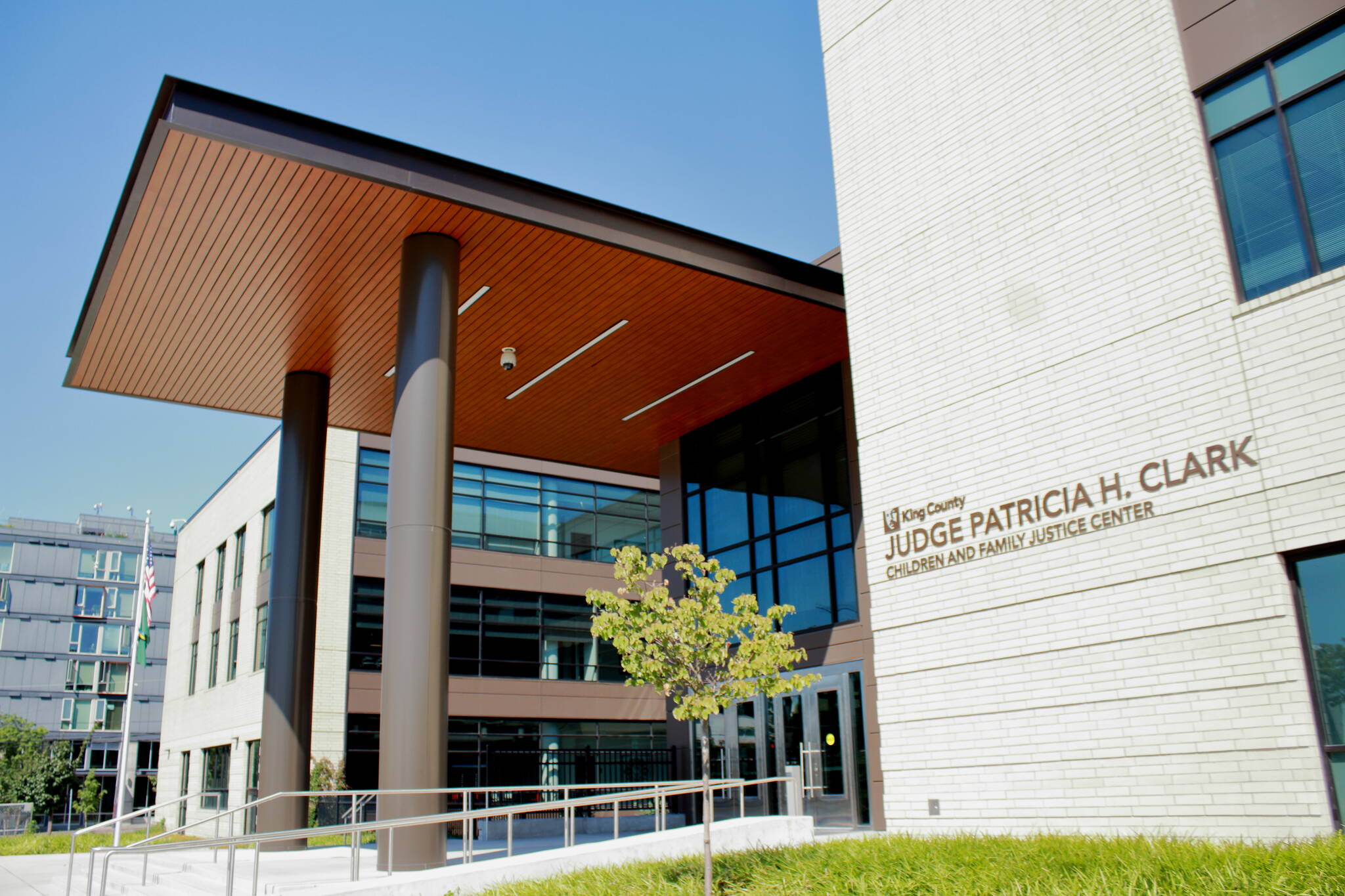The King County Executive continues to plan for the end of traditional youth detention in King County in favor of alternatives — including ideas for a new facility for minors and plans for a network of group homes.
A report by the Department of Community and Human Services sent to the King County Council on Jan. 31 provided six recommendations of the project’s advisory committee, including implementation actions and strategy.
The committee’s recommendations included:
• The creation of a 24/7 center, described as a “respite and receiving center,” where law enforcement will take minors after arrest.
• Short-term housing at the center for minors unable to return home as a result of safety reasons.
• Enhanced support systems for minors after release.
• The creation of a network of homes to house minors in the legal system.
• The strengthening of infrastructure and capacity to increase youth access to youth and family-centered support.
• “Ensure the next steps for these recommendations are informed by … the community members most directly impacted by the youth legal system.”
Partners including the King County Superior Court, Department of Public Defense, King County Prosecuting Attorney’s Office, and Department of Adult and Juvenile Detention all served as representatives in the Care and Closure Advisory Committee, beginning in March 2022.
Community partners included Legal Counsel for Youth and Children, Allies for Healthier Systems for Health and Abundance in Youth, persons affected by the youth legal system, and more.
According to the report, in regards to the respite and receiving center, committee members expressed concerns regarding youth leaving the center and causing additional harm. The committee also expressed concerns about youth being at risk of retaliation from community members.
Discussions of a security at the respite and receiving center surrounded a spectrum of security ranging from construction-like locked rooms and a secured perimeter, to security provided solely through facility staff.
The advisory committee’s guidance on the center included recommendations for staffing the center with behavioral health and medical professionals, community members with lived experience in the legal system, staff trained in de-escalation and crisis management, peer parent supports, and community service providers.
The committee’s guidance also recommended recreational spaces like a gym and outdoor gardening area for the center.
Criticisms
The Juvenile Detention Guild and King County Superior Court expressed concerns regarding — and disapproved of — the recommendation to create the new respite and receiving center.
“The Guild is concerned that if the respite and receiving center is secure, the current detention center should be improved, not replaced. In addition, the Guild is concerned that the safety of staff, youth, and the community will be at risk without a regulated secure facility,” stated the Guild’s feedback for the recommendation.
The King County Superior Court expressed concerns of the respite and receiving center failing to meet the state law requirements for detention. There were also concerns regarding the possibilities of serious and violent cases and public safety.
Supporters of the respite and receiving center, including the Legal Counsel for Youth and Children and the Department of Public Defense, expressed concerns regarding having locked doors at the facility.
“I do not support adding locked doors to any facility created as part of the Care and Closure initiative,” stated the Legal Counsel for Youth and Children’s feedback on the recommendation.
For the group homes, the committee recommended that community organizations operate the homes, with 24/7 staffing by personnel with de-escalation and crisis management skills. Additionally, the committee recommended tiers of group homes with different levels of support, security, and supervision for the youth.
“Some homes should have multiple youths living there (between three and five youth) while other homes should have one youth at the home with multiple staff members, depending on the intensity of the youth’s needs,” the committee’s guidance stated.
Systems and community partners in the committee unanimously supported the recommendations for group homes, enhanced support systems, strengthening community infrastructure and capacity, and utilization of input from community members affected by the legal system.
According to the report, the Executive’s Office will oversee a strategy-and-implementation team that will work to improve conditions at the existing youth detention center, develop proposals for legal-regulatory changes at the state level and budget plans, conduct public engagement, and more.
According to the report, the team will also work to develop career pathways and professional development opportunities for youth detention staff.
According to the report, the implementation of a new network of facilities, practices, and operations “must come first” prior to the shutdown of King County’s youth detention facility, located within the Children and Family Justice Center.
The report stated it will likely take until at least 2028 for the first components of the new system to be funded, implemented, and begin operations.








